There is no denying that getting a good night’s sleep is beneficial to our health and well being. Those experiencing unrestful nights due to sleep apnea are at a higher risk for conditions such as depression, high blood pressure, and diabetes. In addition, those that share a bed with a sleep apnea sufferer generally experience wakeful and restless nights.
Sleep apnea explained
Sleep apnea is a sleep disorder characterized by pauses in breathing or shallow breaths while sleeping. There are three types of sleep apnea: obstructive sleep apnea, central sleep apnea, and mixed sleep apnea. Obstructive sleep apnea is the most common and is caused by a partial or complete blockage in your upper airway while central sleep apnea occurs when the brain fails to signal to your body to breathe. Mixed sleep apnea is a combination of both obstructive and central sleep apnea.
Symptoms
Sleep apnea symptoms include:
- Loud and disruptive snoring
- Pauses in breathing while sleeping often accompanied by gasping. Many times the sufferer is unaware that this is even happening.
- Daytime fatigue caused by nighttime sleep interruptions
- The loss of oxygen that occurs from disrupted breathing may cause headaches
- Depression or irritability
A consultation with a sleep specialist might be warranted if you or your partner are experiencing any of the aforementioned symptoms. Your doctor may suggest performing a polysomnogram, or PSG. A PSG is a common sleep study during which brain activity, eye movements, heart rate, and blood pressure will be monitored and recorded. From there, an appropriate method of treatment or plan of action can be put in place.
For more sleep apnea information or to schedule an appointment, call Plymouth Ears, Nose and Throat at 508-746-8977!

